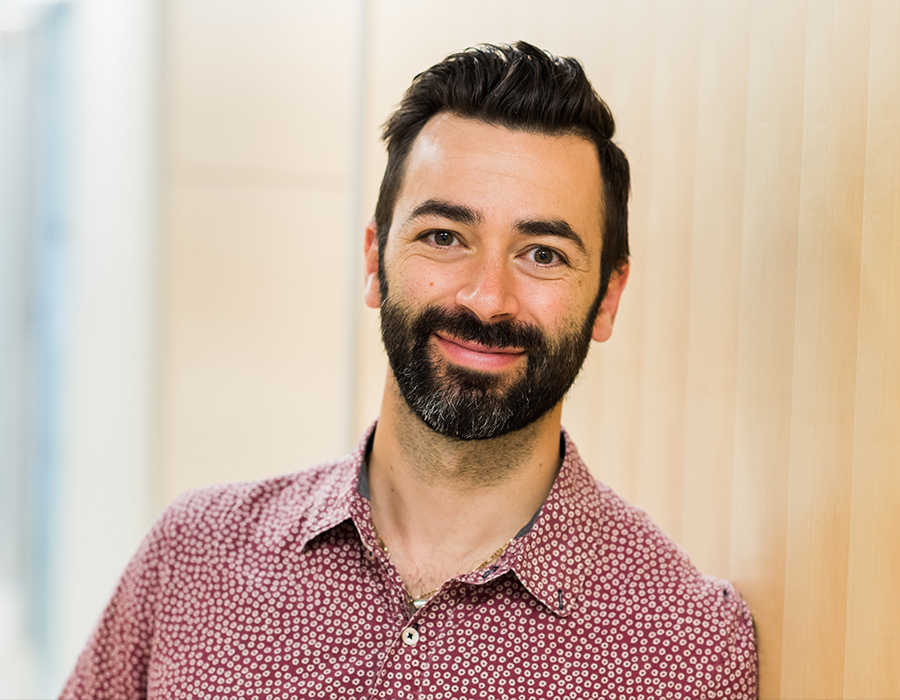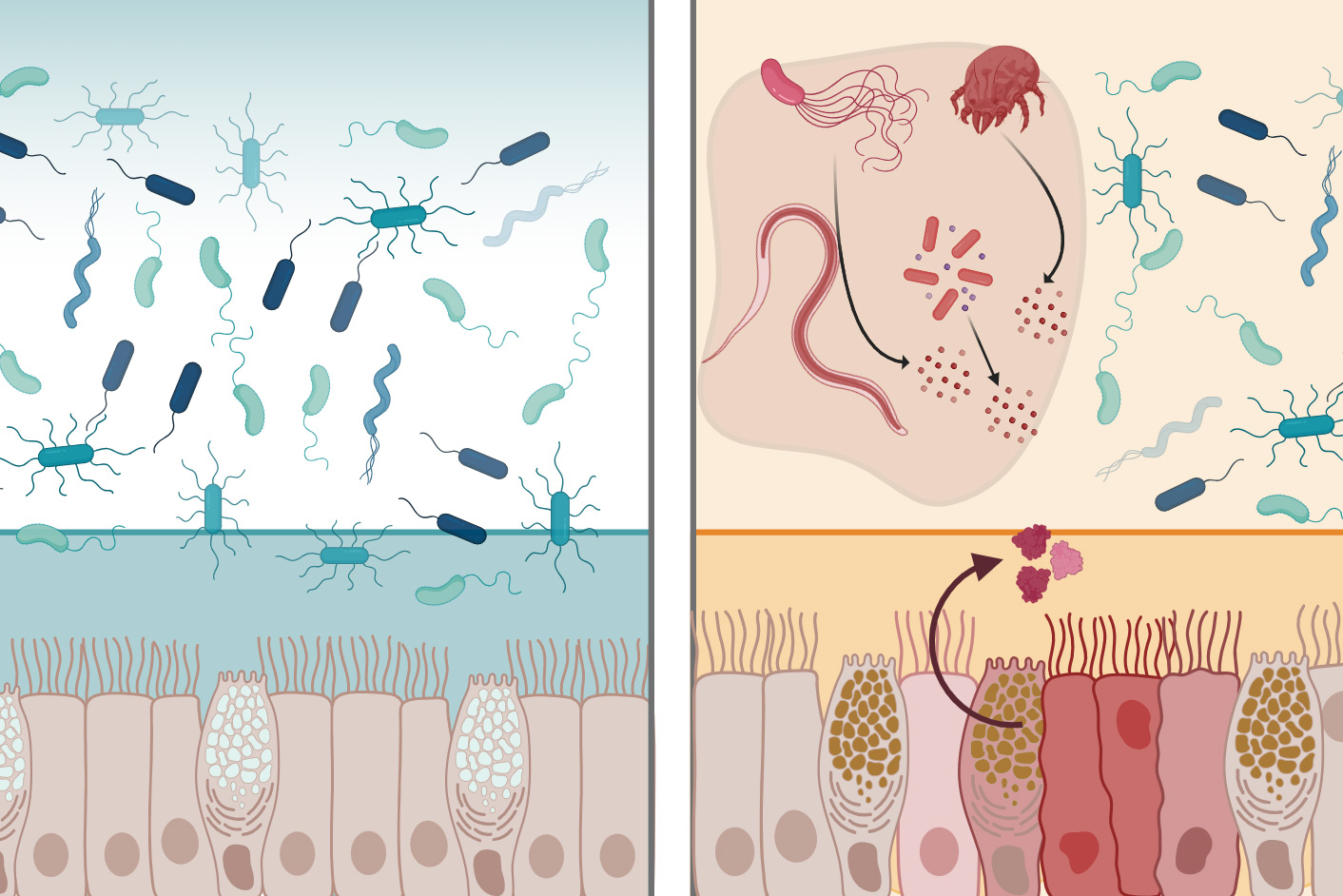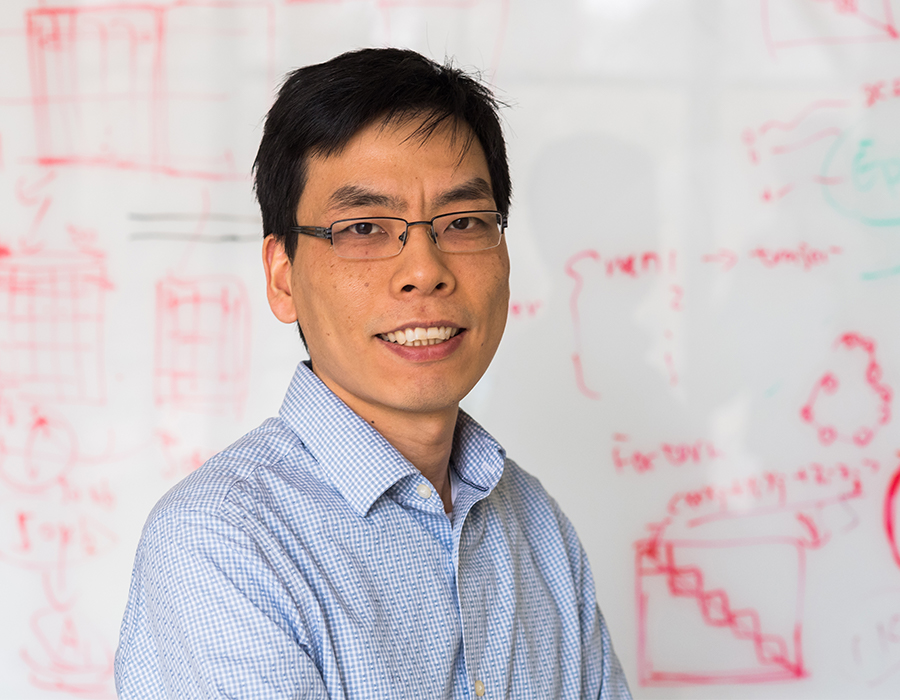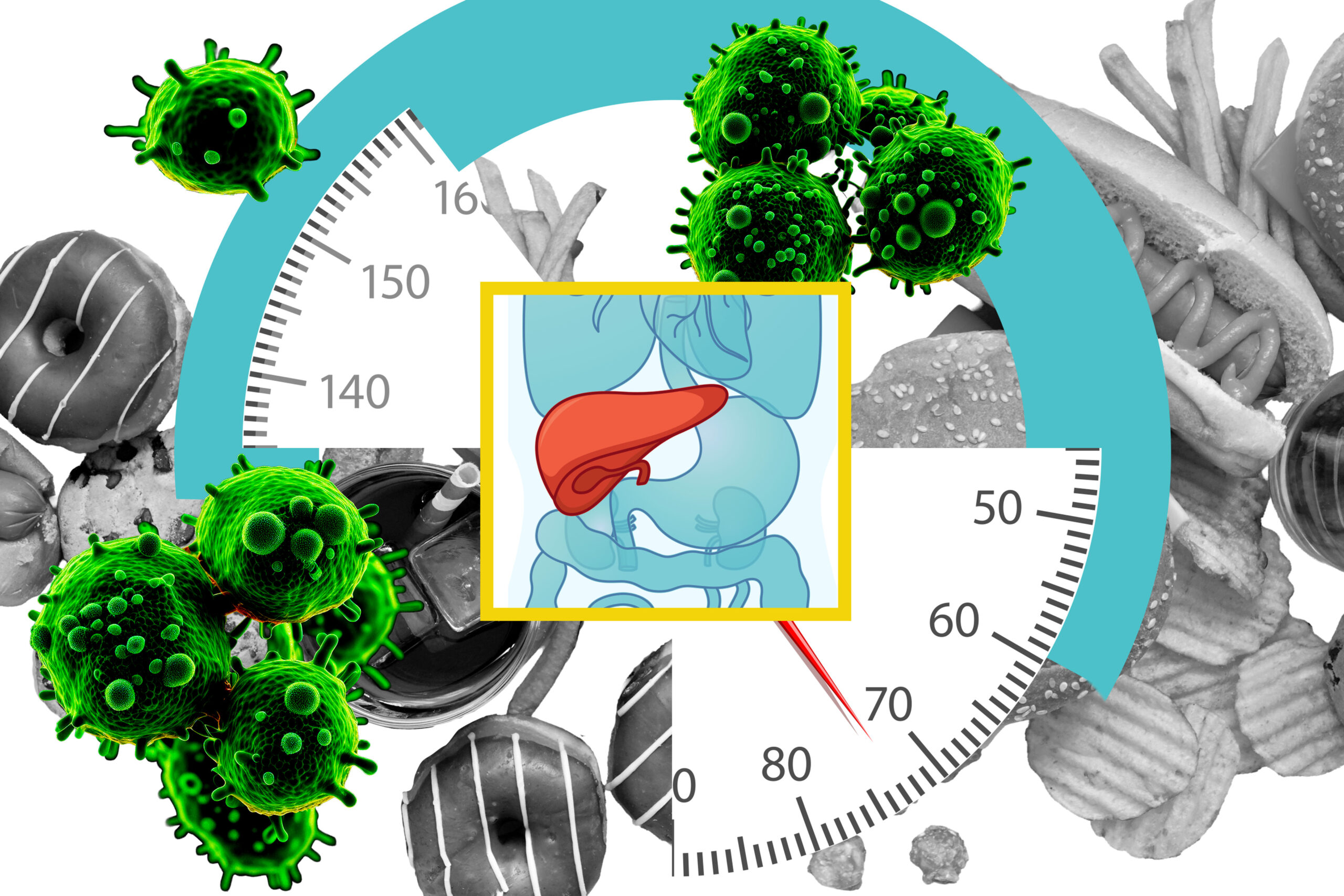Shalek named 2018 Pew-Stewart Scholar for Cancer Research
Shalek is one of five independent, early-career investigators that make up this year’s class of scholars.
The Pew Charitable Trusts and the Alexander and Margaret Stewart Trust announced today that Pfizer-Laubach CD Assistant Professor Alex K. Shalek has been named a member of the 2018 class of Pew-Stewart Scholars for Cancer Research. The five independent, early-career investigators making up this year’s class are revolutionizing cancer research and working toward a cure for the disease. All will receive four-year grants to advance their efforts.
“I am truly honored to have been selected as a 2018 Pew-Stewart Scholar,” Shalek said. “My lab’s research aims to create and deploy innovative technologies to transform the study of human health and disease, but our ability to design and implement approaches, as well as their ultimate impact, is constrained by our access to communities, funding and samples. The Pew-Stewart Scholarship will help us surmount these barriers by lending further credibility to our efforts and enabling us to form fruitful relationships with other Pew-Stewart and Pew Scholars. Moreover, it will provide us with the flexible funding necessary to take an unprecedented and timely look at the longitudinal responses to immunotherapy of a devastating type of metastasis, leptomeningeal disease, and hopefully generate actionable insights and data.”
Shalek’s research will isolate cancerous and noncancerous cells in the spinal fluid and determine how the tumor and its environment respond to treatment with immunotherapy. Metastases, especially those to the meninges of the brain and spinal cord (leptomeningeal disease, LMD), have particularly poor prognoses. Clinical trials are currently underway to determine if a new immunotherapy will be effective in patients with LMD, but directly identifying critical mechanisms and biomarkers for clinical benefit requires methods that can comprehensively profile the minute quantities of cells found in cerebrospinal fluid where the metastasis occurs. To address this need, Shalek’s lab will apply a low-input, high-throughput single-cell RNA-sequencing technology they recently co-developed called Seq-Well to these precious clinical samples. With this tool, they will be able to characterize cancerous and noncancerous cells in pre- and on-treatment spinal fluid, and determine how the tumor and its microenvironment change in response to immunotherapy. Findings from their work could help uncover unique prognostic markers for the disease and provide mechanistic insight into the utility of using immune-boosting agents for treating LMD and other metastases.
This is the fifth year that the Alexander and Margaret Stewart Trust has partnered with Pew to support researchers pursuing pioneering work focused on a better understanding of the causes, diagnosis, and treatment of cancer. This year, the inaugural class of Pew-Stewart scholars completed the program and emphasized the importance of early-career funding—grants that helped to cement the direction of their research and launch their scientific careers.
“Medicine’s ability to treat certain cancers has vastly improved with recent breakthroughs, but constant innovation and new discoveries are needed to stop or slow many other forms of the disease,” said Rebecca W. Rimel, Pew’s president and CEO. “The 2018 class of Pew-Stewart scholars will bring novel approaches to cancer’s complex challenges, and we’re proud to support their extraordinary work.”
Research by the Class of 2018 includes several promising opportunities to advance the treatment of cancer, such as research on immunotherapies and responses to these therapies, how cells conduct quality control, and what metastatic cancer cells require to thrive.
“These researchers are focusing on promising, unexplored leads in the scientific quest to beat cancer,” said Peter M. Howley, M.D., chair of the Pew-Stewart national advisory committee. “Their work will open doors to new lines of attack against this disease, and I’m thrilled to have these impressive scholars join our program.”





